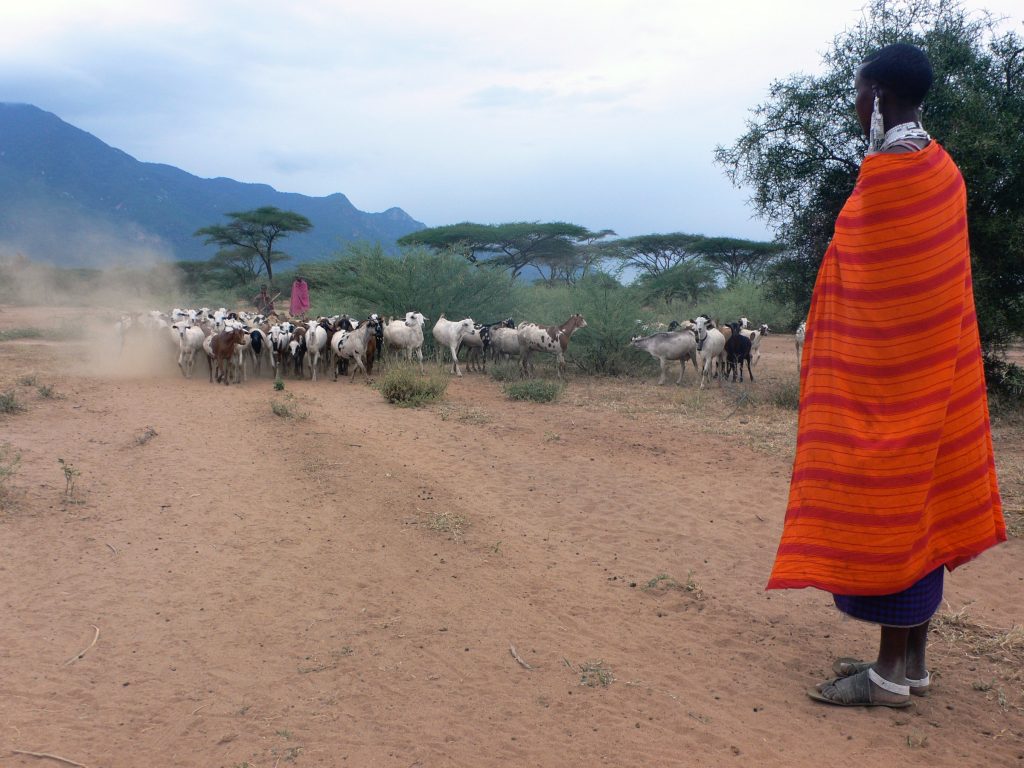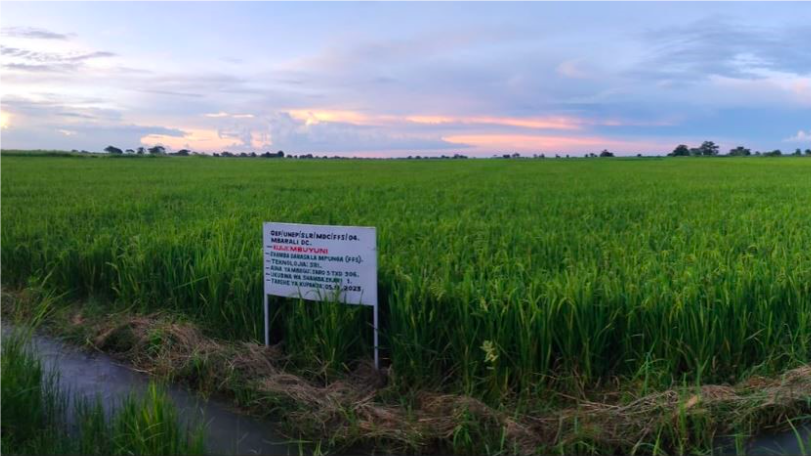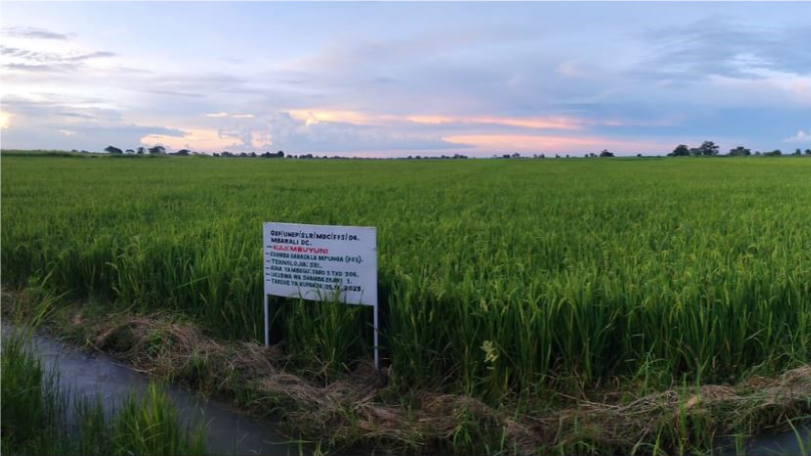From Degradation to Rejuvenation: Tanzania’s Restoration Journey
In Tanzania, the Restoration Initiative (TRI) is leading efforts to restore degraded landscapes in the Greater Ruaha and Lake Rukwa Basins, areas severely impacted by unsustainable land uses. The project focuses on integrated natural resource management, sustainable agriculture, and livestock keeping to enhance ecosystem services and improve community resilience. By engaging local communities and promoting sustainable practices, TRI aims to restore soil fertility, increase biodiversity, and uplift local livelihoods.
Restoring the Greater Ruaha and Lake Rukwa Basins
Since its inception, the TRI’ Tanzania project has progressed by leaps and bounds in the way of restoring degraded landscapes. The project has restored 43,384 hectares of land and brought 62,805 hectares under improved management, which has subsequently enhanced the ecological health of the region significantly. TRI Tanzania has made a profound social impact on the region, benefiting and uplifting the lives of thousands of Tanzanians. 91,358 individuals have directly benefited by way of training, capacity building, economic empowerment, and ecological upliftment. By equipping such an extensive group of local communities with the necessary skills and knowledge to further expand restoration efforts, the project has fostered a tangible sense of longevity in environmental sustainability and best practices.
One of the innovative practices introduced by the TRI project is the establishment of tree nurseries. The project has supported the establishment of 12 nurseries, producing over 1,006,838 seedlings, which have been planted in degraded areas. These nurseries not only support reforestation efforts but also provide an additional source of income for local communities.
The project has also paid close attention to developing alternative income-generating activities to reduce dependence on forest resources.… Read the rest


